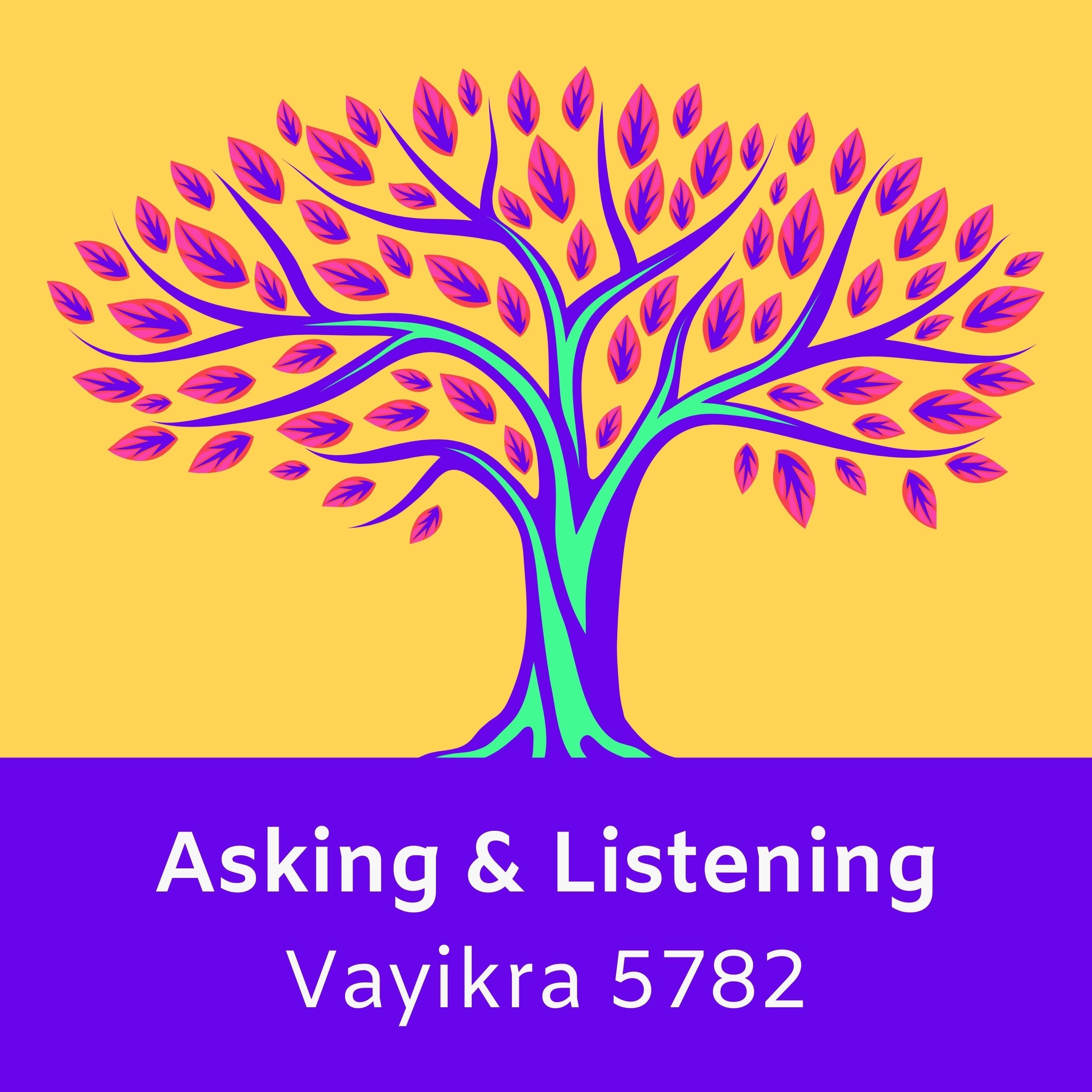Asking & Listening – Vayikra 5782
It's been a long wait, but shows are starting to pop up in my media stream again. One of my favorites returned after a long hiatus (what else is new?) for it's 5th and final season. Watching the first few episodes, I couldn't escape its relationship to this week's Torah portion, and the work of asking for help, guidance, and strength from the divine, and the challenge of hearing an answer.
Thanks for listening, and shabbat shalom!
Written Format
Shows are starting to come back, and for me that means one of my favorites is returning for its fifth and final season. The Last Kingdom was released this week on Netflix, and I’m halfway through the third episode as I write this.
Don’t worry, there aren’t any spoilers here if you’re a fan of the show, but it did get me thinking about this week’s Torah portion, and the way people communicate with the divine in their life.
The show, if you’re not familiar, is about a character named Uthred, who lives in 9th century England, navigating the clashes between Christian Saxons, and The invading Danes who worship the pantheon of Nordic gods.
The Danes worship their gods through sacrifice and signs, which forms part of the opening scene of the newly released season. Throughout the show individual Danes have made offerings and interpreted signed to guide their armies in war and peace.
The Christian Saxons, who claim to be so different than the Danes, similarly rely on signs, but their manner of communication is different. Rather than making sacrifices, the Saxons devote themselves to worship—both prayer and material worship through the gold, silver, and precious goods they form into ritual objects for use in church ceremonies. Lords contribute wealth, materials, and labor for these projects. They host priests and nuns on their estates who continuously offer prayer for the same outcomes the Danes hope to bring about with their sacrifices—a good harvest, rain in its season, health and happiness for their families.
At the end of the day, most people want the basics in life—health, happiness, love. We come into conflict to protect these precious ideals, and in doing so prevent others from enjoying them.
In Judaism, we don’t offer sacrifices anymore. Not in the way they’re described in the Torah, and in this weeks parsha. Instead we offer prayers, in a daily worship structure that mimics the sacrificial worship of Temple days. And we offer tzedakah, gifts of righteousness, to better the world in our time while we wait for the outcome of our prayers.
In The Last Kingdom, in the opening scene of this new season, there’s a sacrifice, immediately followed by a clear sign. But life doesn’t work that way. Signs are as clear as an exploding mountain. Prayer doesn’t often have a clear answer or even provide much of a direction.
Still, the dramatic scene that unfolded on my screen did make one thing clear—whether Saxon or Dane, or Jew living in the modern world—we’ll never see the answer to our communication with the divine unless we’re paying attention and aware of what’s happening around us. Whether the sign is as obvious as a fireball in the sky, or as small as a breathe of wind that seems to answer a particular thought, the answer may be our there to hear, if only we know how to listen.
Shabbat shalom
